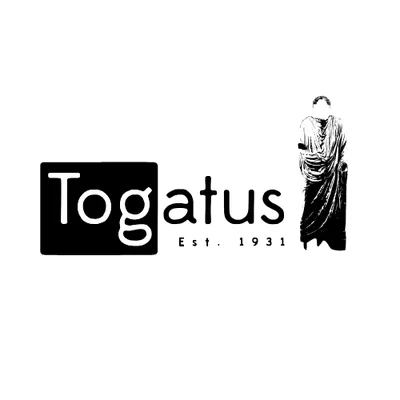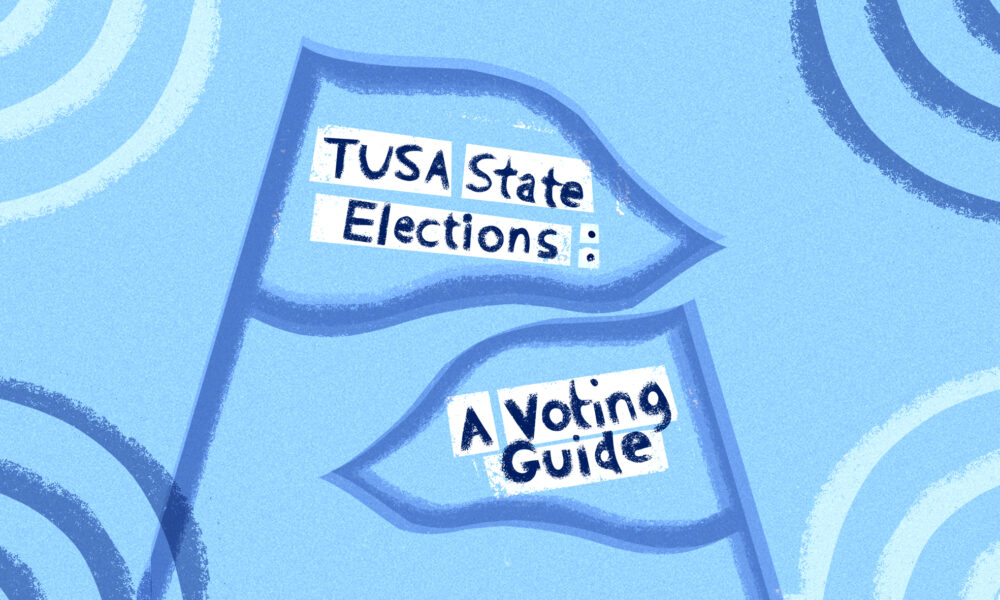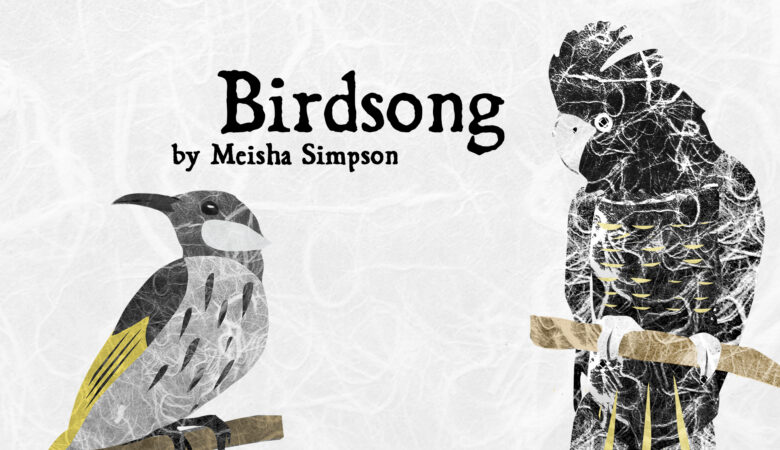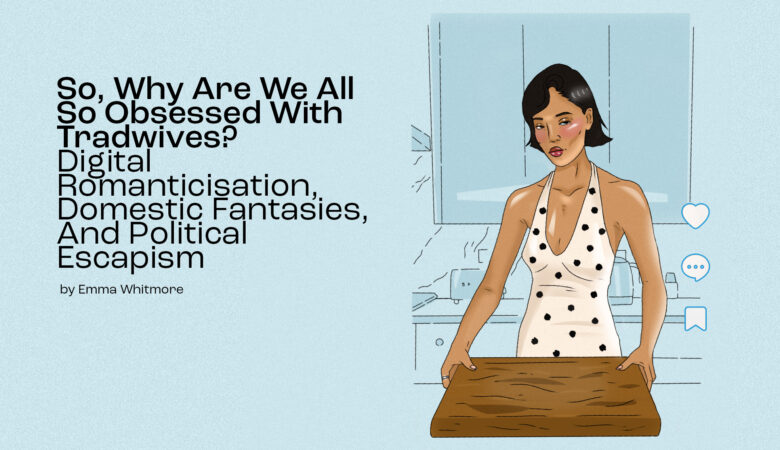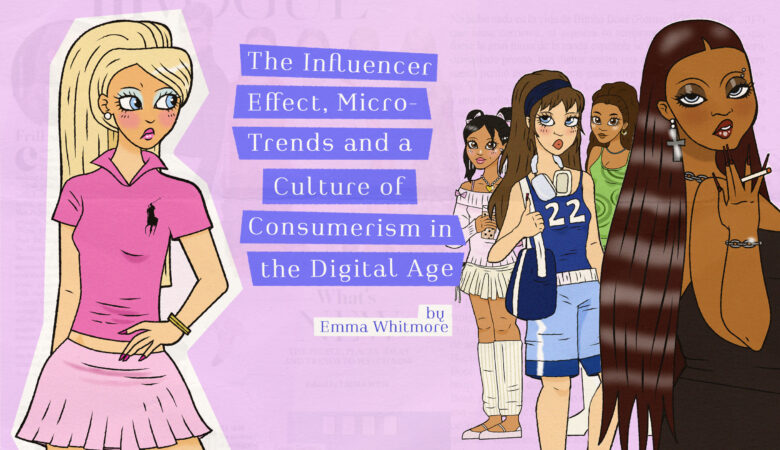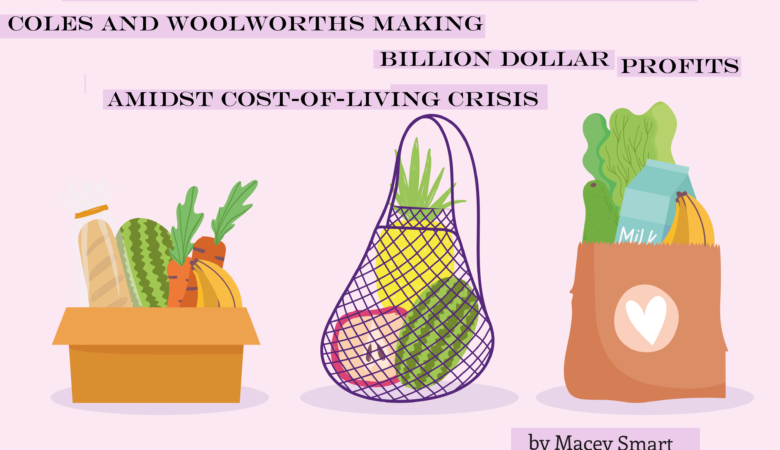Please note: a previous version of this article incorrectly implied that Imran Khan had not commented on the issue of paid placement when it comes to medical students during the debate. This has been corrected.
If you’re not one to keep up with student politics (and really, how many of us have the time to), you may not have yet heard that voting has opened for the election of student representatives to the TUSA State Council for 2025. There are nine roles up for grabs this year, plus a number of National Union of Students (NUS) delegate positions to vote for, which have been about since TUSA’s reaffiliation with the NUS in 2023. The roles to be filled include State President, General Secretary, Equity President, Education Presidents for both Undergraduate & Postgraduate, and Campus Presidents for the South, North, Cradle Coast, & Rozelle. If that sounds like an awful lot to keep track of and too much to bother worrying about, despair not, dear reader, bear with me, and read on.
There are lengthy and proper descriptions of each role (and each candidate) to be found on TUSA’s website here and here, but the most important thing to be aware of going into these elections is that the purpose of the student State Council is to represent UTAS’ student body, foster student community, and give students a voice when it comes to university decision making. The whole point of student representation is to accurately embody the needs and wants of you, the student, and while the State Council elections tend to suffer from a bit of obscurity, voting in them is still an excellent way to improve your student experience. Voting does, however, require some knowledge of the candidates, but worry not—to fight out who is best suited to occupy the lofty positions on the Council, TUSA held an Election Debate night on Thursday 19 September, an event attended by yours truly, and which I have helpfully summarised for you below. Though if you’d prefer to skip the debate coverage and see who I’m planning on voting for, scroll down to my personal Voting Guide!
The official air of the election debate, moderated by David Bartlett, with the gravitas of his political career, a mic pinned firmly to lapel, and Carrie Chapman Catt quote at the ready, was undermined slightly by the less-than-impressive turnout of punters (at least the ones I could see in person—perhaps the zoom room was filled to overflowing with keen listeners). My pointing out of the small crowd is not meant to dismiss the importance of the election debates or imply that they are a trifling or trivial matter, but rather to highlight the ever-present issue of the relevance & student awareness of TUSA and the State Council. This problem was a common theme of both the questions and answers on the night, with more than one candidate reminding the room that usually only about 5% of the UTAS student body vote in the TUSA State Council elections each year, a reality which in part garnered the questions asked of candidates across the board about whether TUSA accurately represents the student body, and if they’re adequately engaging students and cultivating community (spoiler alert: the answers from candidates to those questions were mostly “no”, “not really”, or “not enough”).
Student community and engagement was a concern brought up by many of the State Council candidates, including candidates for Northern Campus President, Terenz Batac and Hanna Pour (third candidate Anjia Ye was not present at the debate), and the candidate for Cradle Coast President, Angus Stewart. Batac and Pour both expressed concern over the problems of safety and isolation on the northern campuses, with Pour explicitly citing a lack of student community, and sharing her vision for increasing regular events, activities, and general TUSA engagement on the campus to foster student connection. Stewart was similarly passionate about increasing community and connection to fight isolation on the Cradle Coast, looking to increase TUSA presence and services, and give students the opportunity to forge networks of support.
For the Southern Campus President candidates, Ruby Fox and Matt Haubrick (third candidate Oscar Wadsley not present), community was also a primary concern, but in the specific context of the campus move away from Sandy Bay, and the problem of “micro” or “satellite” campuses (e.g., IMAS, The Hedburg, etc). Both Fox and Haubrick believe that students (and staff) have not been consulted properly, or adequately involved in the decision-making process when it comes to the campus move, with Haubrick explicitly naming it as a plan for the uni to make money off the land at the Sandy Bay campus. Fox referenced the structure of Notre Dame uni in Fremantle as a framework for satellite campuses, in order to get the best of both worlds when it comes to both course specialisation and central hubs of connection. Overall the greatest concern for every potential campus president was community, engagement, and the explicit involvement of student voice in decision-making processes at UTAS.
For the Undergraduate and Postgraduate candidates, student wellbeing and financial support was a huge talking point. Sam Campbell, Namesh Kumar, and Jeppe van der Lee, candidates for Postgrad President (Anjia Ye not present), all said in no uncertain terms that the stipend for postgrad students is nowhere near enough to live on, with all three agreeing that a lack of support, in financial, mental health & wellbeing, and academic areas, is the greatest issue for postgrad students. Campbell and van der Lee put a focus on a “bottom-up” rather than top down approach, with van der Lee sharing his idea of holding regular open panel student forums to guide the formation of strategy and supports. Campbell emphasised the need for postgrad students to be able to pace themselves in order to avoid burnout, and that necessary financial and wellbeing assistance must be put in place in order for this to be a reality.
Adequate payment and protections were big topics for the Undergraduate President candidates, too: Siska-Lut Buelens, Imran Khan, and Vaness Yap. All three lauded the introduction of paid placement for some university courses, but expressed concern over the lack of paid placements for medical and pharmacy students, and the paltry protections and pay for those who will begin to receive compensation for their required placement hours. Online vs in person learning and problems of students not having opportunity to form connections with each other was another leading topic of discussion, with Buelens and Yap focused on improving the quality of learning for both modes, and giving students the chance to network and interact in real time, whether through in person lectures and tutorials or real time zoom lectures as opposed to pre-recorded ones. Khan had less of a vision when it came to solving the online vs in person issue, seeming to suggest compulsory on-campus time, which does not take into account the access needs associated with hybrid learning.
The question of accurate and adequate representation of students was an important issue for Equity President candidates Mark Warrington and Ranae Zollner. Warrington, who has held the position this year and is running for re-election, is looking to build upon his work and create an equity committee with eight equity officers to increase the representation of students in the TUSA council and UTAS processes. Zollner agreed that students, especially those with disabilities, are sorely underrepresented and that more needs to be done to create support, but had less practical visions on how they plan to achieve this. Warrington also shared his (and TUSA’s) plan to form a First Nations reconciliation plan and develop a framework for support and representation of First Nations students, as well as leveraging UTAS itself to engage more with First Nations staff & students and develop their own reconciliation plan.
The debate over online vs in person learning and adequate representation resurfaced in the questions posed to General Secretary candidates Lucian Beattie and Belle Smith. Both Beattie and Smith come from excellent backgrounds to fulfil the role of Secretary, having both worked in areas of student rep before. Beattie brought up the 5% vote figure, while Smith also emphasised the scant knowledge of TUSA among students as reasons for a dearth of accurate representation of the student body. TUSA’s effectiveness in online spaces was also found lacking for both candidates, with Smith suggesting a push towards developing explicitly online clubs & societies as a way to encourage community for online and distance students.
As for the candidate for State President, Jack Oates Pryor, student advocacy and representation when it comes to the politically charged realities of being a uni student were a big focus, with Pryor commenting on the valuable connection that TUSA has re-established with the NUS. Pryor also looked ahead to a potential restructuring of TUSA in light of the new government legislation mandating that 40% of SSAF funding go to student-led organisations, to ensure that TUSA receives the funding it needs to achieve the levels of student engagement, community, and representation that it strives for.
Engaging in student rep (as a candidate or an average joe) is hard when so many students are too busy to put their hand up for or care about it—we’re all studying, working, attempting to maintain some baseline of wellbeing and/or social life, & often scrabbling to survive amongst the rising costs of living and soaring levels of exhaustion that come with existing in the late-stage capitalism hellscape. Who has time to care about which students sit on a council that you don’t even necessarily have any direct interaction with? It’s easy to push the matter of student elections far down the priority list when there are essays to be writing instead, but I implore you to cast some votes anyway in these student rep elections. While it often feels like there is a huge disconnect between actions like voting for state council and actually feeling the effects of what your reps are working for, they really are working for you—in fact quite literally, since TUSA is funded with your SSAF money! And the more people vote, the greater the awareness of what TUSA does, the more accurate the representation is, and the more likely they are to get enough funding to actually, you know, make sure you get to enjoy the outcomes of their work. TUSA and the State Council aren’t perfect, but based on the responses I heard at the debate night, there is an awful lot of passion, drive, and capability amongst the candidates to fight for the authentic representation of every single student, and bring about some tangible improvements.
* * *
A Voting Guide
If you’re not sure where to place your votes, I’ve shared the placements of my own votes below as something of a guide (and I know it’s supposedly impolite to share how you vote, but we all know that really that’s a taboo simply meant to stymie political discussion). To vote, check your uni email for the voting link sent by TUSA! Voting closes Thursday 26 September at 11:59pm.
State President
While there’s only one candidate running for the position of State President, I’d confidently cast a vote for him regardless. Jack Oates Pryor was 2024’s Southern Campus President, and has been extremely passionate and capable in the role. They also served as Deputy State President for a period this year, so he has a wealth of experience to carry him into the role next year. Well-spoken, approachable, and willing to step into the ring for those they represent, Jack’s a sure bet for a better student experience.
General Secretary
Gen Sec is a close race, with Beattie and Smith both well-qualified for the position. Smith just wins out for me, on having more experience, and giving me the impression of being extremely capable, well-spoken, and powerful in the role.
Equity President
I’ve been sold on Warrington’s plans for increased student representation and ideas for First Nations reconciliation both at TUSA and more widely at UTAS, so I’m going no.1 Warrington and no.2 Zollner on this one.
Education President – Undergraduate
Undergraduate President is a tricky pick. For me, I’m choosing from two frontrunners: Buelens and Yap. I’m leaning towards giving my no.1 vote to Yap, who left me with an impression of an efficient, passionate, and extremely capable individual with a spirited interest in the wellbeing and financial support of students. Buelens is a very close no. 2, sharing many values and attributes with Yap, and Khan no.3, as I felt some of his ideas about how to integrate online/offline learning disregarded very necessary access considerations.
Education President – Postgraduate
This is another difficult choice—Campbell and van der Lee are the two favourites for me, both with practical ideas on how to improve postgrad representation and wellbeing. Campbell is edging out just in front for my no.1, with van der Lee a very close no.2, and Kumar no.3.
Southern Campus President
Yet another tough decision! Fox and Haubrick both have substantial plans on involving students in decision making and ensuring the southern campuses will properly serve the needs of staff and students. I’m leaning towards no.1 Fox and no.2 Haubrick, but it’s such a tricky choice I think it will really come down to my decision in the moment when I vote!
Northern Campus President
I was most impressed by Pour’s capability and practicality when it comes to bettering the experience of students and creation of community on the northern campuses, so my vote’s sitting at no.1 Pour and no. 2 Batac.
Cradle Coast President
There’s also only one candidate for Cradle Coast, but I’d be confidently casting a yes vote for him either way. Stewart was passionate, informed, and pragmatic when it came to ideas for ensuring connection and excellent student experience on the Cradle Coast—you’ll be in very good hands.
